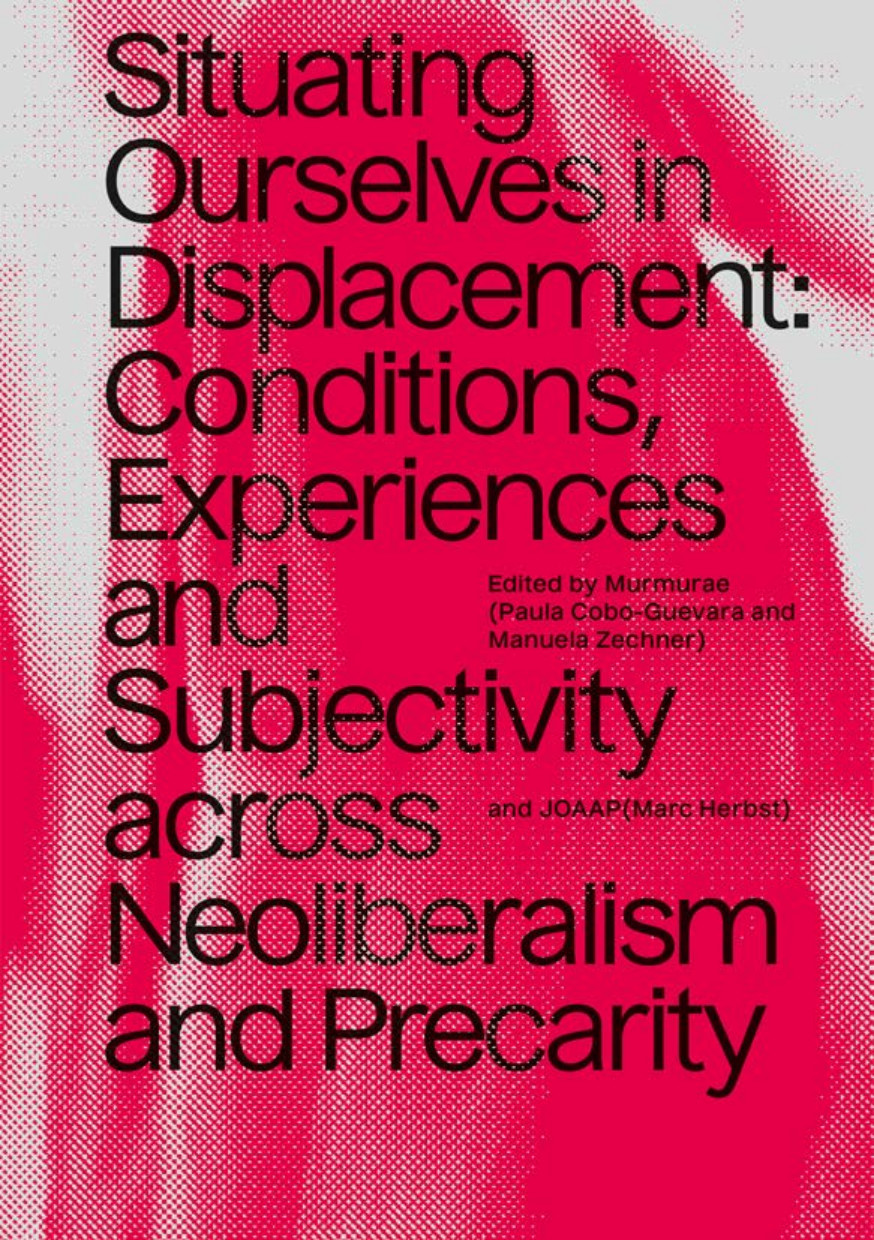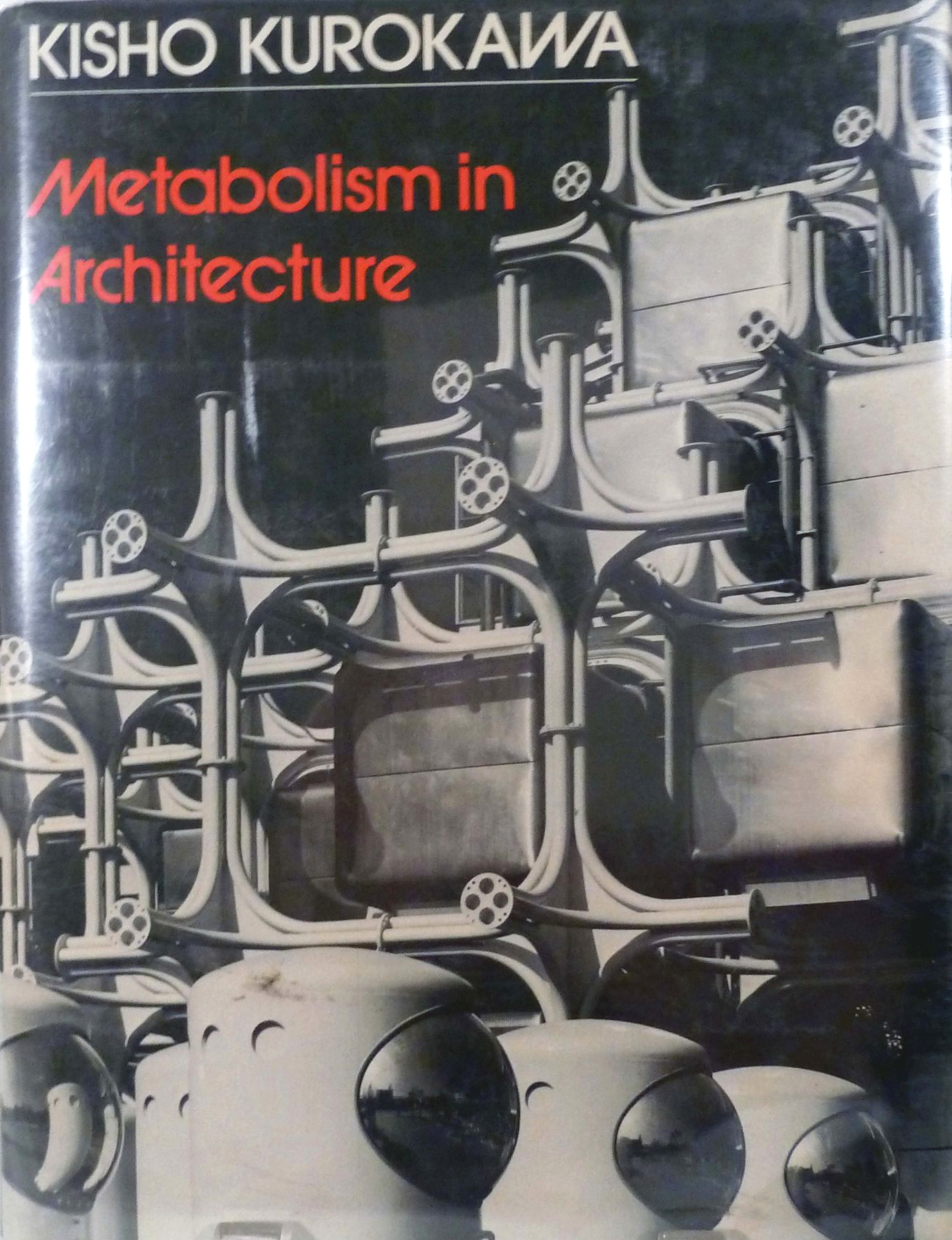MoneyLab Reader 2: Overcoming the Hype (2018)
Filed under book | Tags: · activism, bitcoin, blockchain, cryptocurrency, digital economy, economics, finance, internet, money

“MoneyLab is a network of artists, activists, and geeks experimenting with forms of financial democratization. Entering the 10th year of the global financial crisis, it still remains a difficult yet crucial task to distinguish old wine from its fancy new bottles. The MoneyLab network questions persistent beliefs, from Calvinist austerity, growth, and up-scaling, to trustless, automated decision making and (anarcho-)capitalist dreams of cybercurrencies and blockchained solutionism.
We consider experiments with digital coops, internet-based payment and network-based revenue models as spaces of political imagination, with an equally important aesthetic program. In this second MoneyLab Reader the network delves into topics like the financialization of art; love as a binary proposition on the blockchain; the crowdfunding of livelihood; the cashless society; financial surveillance of the poor; universal basic income as the real McCoy or a real sham; the cooperative answer to Airbnb and Uber; the history of your financial dashboard; and, Hollywood’s narration of the financial crisis. Fintech rushes through our veins, causing a whirlwind of critical concepts, ideas and imaginaries. Welcome to the eye of the storm.”
Contributors: Jaya Klara Brekke, Tripta Chandola, Max Dovey, Economic Space Agency, General Intellect, Max Haiven, Robert Herian, David Hollanders, Dmytri Kleiner, Silvio Lorusso, Laura Lotti, Nathalie Maréchal, Rachel O’Dwyer, Nina Power, Patricia Reed, Patrice Riemens, Emily Rosamond, Trebor Scholz, Brett Scott, Nathaniel Tkacz, Pablo R. Velasco, Martin Zeilinger.
Edited by Inte Gloerich, Geert Lovink, and Patricia de Vries
Publisher Institute of Network Cultures, Amsterdam, 2018
INC Reader series, 11
Creative Commons BY-NC-SA 4.0 License
ISBN 9789492302199, 9492302195
280 pages
Murmurae, JOAAP (eds.): Situating Ourselves in Displacement: Conditions, Experiences and Subjectivity across Neoliberalism and Precarity (2018)
Filed under book | Tags: · displacement, neoliberalism, precarity, presence, subjectivity

“Displacement is a key paradigm of our time, for who can afford not to move, to shift, to change, to develop and improve – or to be moved, shifted, displaced? Situatedness is a key condition for solid and sustainable practices, in politics, arts, research or otherwise. Yet situatedness is not something we can take for granted today. What is the meaning of situatedness within displacement?
In this book we address conditions, experiences and subjectivity as shaped by the tension(s) between displacement and situatedness. Neoliberalism and precarity are the main contexts we depart from in developing concepts, tools and tactics that stem from our collective and individual lives.
What do politics and ethics mean in the context of frequent displacements? How do we understand and give account of our positionality and trajectory as itinerant subjects? What tools do we have for orienting ourselves in new contexts, for mapping out stakes, problems and possibilities of relating?”
With contributions by Alan Moore, Amit S. Rai, Bue Rübner Hansen, Claire English, Claudia Delso, Cristina Ribas, Esquizo Grupo Barcelona, Jara Rocha, Julius, Laura Lapinskiene, Manuela Zechner, Marc Herbst, Ninaha, Sara Larsdotter Hallqvist, and Paula Cobo–Guevara.
Edited by Paula Cobo Guevara and Manuela Zechner (Murmurae) and Marc Herbst (Journal of Aesthetics & Protest)
Publisher Journal of Aesthetics & Protest Press, Leipzig, and Minor Compositions, Colchester, 2018
Creative Commons BY-NC-SA 4.0 International License
ISBN 9781570273230
224 pages
Kisho Kurokawa: Metabolism in Architecture (1977)
Filed under book | Tags: · architecture, city, history of architecture, media, metabolism, urbanism

A collection of essays on the emergence and continued theorization regarding the architectural movement known as Metabolism.
“This book is a collection of my most important works-in architecture and theoretical writing -from the period 1960 to 1975. I have chosen the title Metabolism in Architecture despite the fact that the Metabolist group, formed in 1960, now carries on virtually no activity as a group, and despite the many changes in my work and thought in the fifteen years since the Metabolist movement began. The word ‘metabolism’ nevertheless stands in order to secure a wider understanding of the concept and because there is value in using it in this extended sense. I was also led to select this title out of a desire to reflect upon and organize the relation between my writings and works of these fifteen years and Metabolist thought.
For the convenience of the reader the book is organized into four chapters. The architecture and writings are not in chronological order, although the date at which each work was designed or written is important to me. As we live in an international society with rapid communication in which we are constantly open to new influences the date for each piece indicates the spirit in which it was written.
Although I reject traditionalism, I attach great importance to the influence which the culture of one country may exert on another. It is my belief that the cultures of different countries will stand individually but together, allied with technology, to provide the future language of architecture. That modern architecture appears diffuse is proof that the cultures of different regions each contribute to the language of modern architecture, and as a result modern architecture will probably come to speak not with a lingua franca but with a complex and many-faceted language.” (from Preface)
Publisher Studio Vista, London, 1977
ISBN 0289707331, 9780289707333
208 pages
via ARG
PDF (62 MB)
Comment (0)
